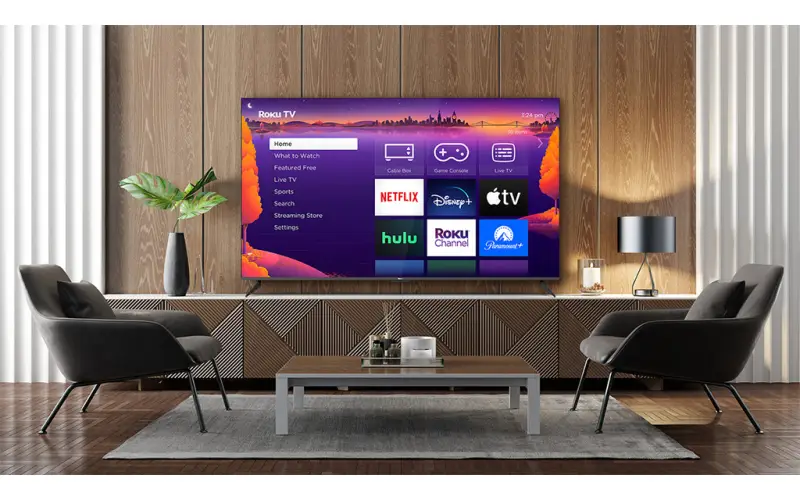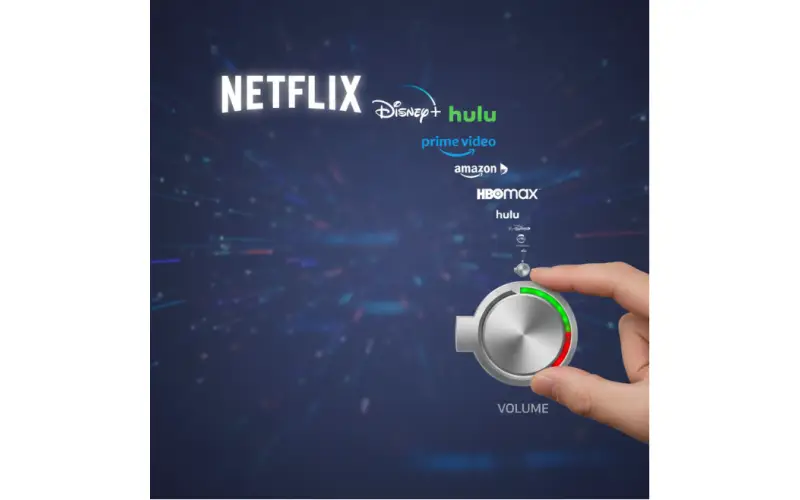By: Dipin Sehdev
The landscape of television viewing is undergoing a significant shift. Traditionally, manufacturers have focused on selling TVs at a profit, generating revenue from the hardware itself. However, a recent report by market research firm Omdia suggests a new trend: TV makers are increasingly willing to sell sets at a loss, with their sights set on a more lucrative prize – ad revenue and user data.
This shift in strategy has its roots in the changing television ecosystem. The rise of streaming services like Netflix and Disney+ has seen a decline in traditional cable subscriptions. As viewers migrate online, so too does the advertising dollar. TV manufacturers are now looking to capture this revenue stream by integrating advertising directly into the TV itself.
"The business model is shifting away from making money on TV sets and instead to making money on ads and data that is delivered by those TV sets," explains Paul Gray, Omdia's Research Director for CE, during last week's HbbTV Symposium in London.
This strategy isn't entirely new. Companies like Vizio and Roku have been known to sell their hardware at slim margins, focusing instead on the recurring revenue generated through their smart TV platforms.
"People are happy to sell TVs below cost, you just have to look at the finances of Vizio or Roku to see they're selling TVs at somewhere between -3 and -7% margin, just in that scramble for users," says Gray.
What does this mean for consumers?
The trend towards ad-supported TVs presents a potential dilemma for viewers. Here's a closer look at the implications:
- More Ads, Less Control: One of the primary concerns is the potential for increased advertising on TVs. Not only will viewers see ads during streaming content, but the TVs themselves may begin to display targeted advertisements, similar to how ads appear on smartphones and laptops. This could significantly impact the viewing experience, with viewers bombarded with commercials even while watching traditional broadcast channels.
- Data Privacy Concerns: As with any ad-supported platform, concerns arise regarding data collection. TV manufacturers may track viewing habits and user data to deliver targeted advertising. This raises questions about user privacy and the potential for misuse of collected data.
- Limited Choice and Features: TVs with integrated advertising platforms may come with pre-installed apps or limitations on user customization. This could restrict viewers' ability to access their preferred streaming services or personalize their TV experience.
Alternatives to Ad-Powered TVs:
For viewers seeking a TV experience free from unwanted advertisements and data collection, alternatives exist:
- Buying a Traditional TV: While not as cutting-edge as smart TVs, traditional TVs still offer a great viewing experience for watching broadcast channels and connected devices like Blu-ray players or gaming consoles.
- Stand-alone Streaming Devices: Devices like Apple TV, Roku Streaming Stick, or Amazon Fire Stick allow users to access their preferred streaming services without the limitations of an ad-supported platform. These devices typically offer a wider range of customization options and a more controlled viewing experience.
- Smart TV with Separate Streaming Device: This option allows you to enjoy the benefits of a smart TV, such as a sleek design and built-in features, while keeping your streaming experience separate. Simply connect your preferred streaming device via HDMI to bypass the TV's native apps and potential ad platform.
What to Consider When Choosing a TV
As the landscape evolves, consumers should carefully consider their priorities when purchasing a new TV. Here are some questions to ponder:
- How much do I value control over advertising and data collection?
- Do I prioritize the built-in features of a smart TV, or am I comfortable using a separate streaming device?
- How important is customization for my viewing experience?
The Future of TV: A Consumer-Centric Approach?
The trend towards ad-supported TVs highlights the ever-changing nature of the entertainment industry. It's important for consumers to stay informed about these shifts and their implications. While ad-supported models may benefit TV manufacturers, consumers deserve a choice.
"It's possible that we could return to a time when European TVs were developed in Europe, because the requirements would be so different to the United States or China," suggests Gray, hinting at the possibility of regional variations in TV platforms based on consumer preferences. Ultimately, whether the future of TV embraces a consumer-centric approach that prioritizes choice and control over advertising remains to be seen.
Source: BroadBandTV News





